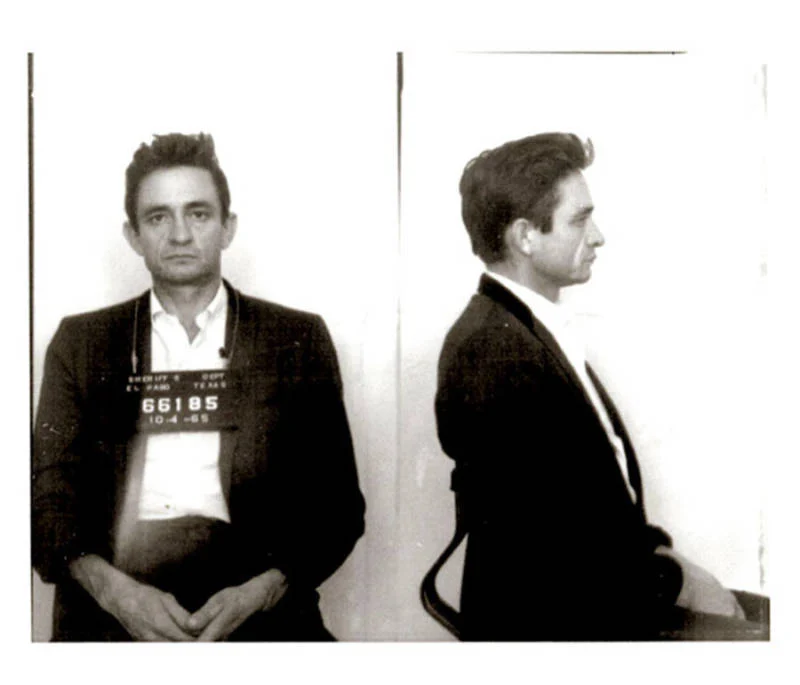Music history would certainly feel incomplete without mentioning the "Man in Black," a performer who transcended genre boundaries to become a cornerstone of American music. From his humble beginnings to his rise as a symbol of rebellion, Johnny Cash carved an unparalleled path in the music industry. His career transitioned from the early rockabilly sounds to his transformation into an icon of outlaw music, culminating in his participation in the legendary supergroup, The Highwaymen.
Born to a poor cotton farming family in Arkansas in 1932, Cash found solace in music amidst the hardships of the Great Depression. His early influences included Gospel music and folk songs, which later became an integral part of his signature sound. After serving in the Air Force, Cash moved to Memphis, Tennessee, where he sold appliances while honing his music craft.
In 1955, Cash's big break came when he signed with Sam Phillips at Sun Records. Cash, along with his band, the Tennessee Two—comprising guitarist Luther Perkins and bassist Marshall Grant—developed a unique sound. It was a blend of country, blues, and gospel that became part of the burgeoning rockabilly movement. It was during this period that Cash recorded hits like "I Walk the Line" and "Folsom Prison Blues," laying the foundation for his legendary career.
In the 1960s, Cash's sound began to shift. His music took a more rebellious turn, both thematically and sonically, leaning towards the roots of country music and challenging the Nashville establishment's polished sound. As Cash embraced this more raw and honest musical approach, he grew to become one of the key figures in the burgeoning outlaw country movement.
His iconic live albums, "At Folsom Prison" (1968) and "At San Quentin" (1969), are notable examples of his affinity for the underdog and the marginalized. These recordings, made amidst incarcerated populations, produced hits like "A Boy Named Sue," further cementing Cash's status as an outlaw artist who could bridge the gap between mainstream appeal and fringe authenticity.
The 1980s saw Cash team up with Willie Nelson, Waylon Jennings, and Kris Kristofferson to form The Highwaymen, a supergroup that epitomized the spirit of the outlaw country movement. The group's shared love for country music's authenticity and rebellion resulted in three albums that left an indelible mark on the country music landscape. Their self-titled debut album, "Highwayman," released in 1985, was an instant success, bolstering each member's individual reputation while enhancing their collective legacy.
Johnny Cash's career spanned half a century, during which he consistently pushed the boundaries of what music could be. From his early rockabilly days to his transition into the outlaw persona and his later years as a member of The Highwaymen, Cash remained an iconoclast.
His impact on music extends beyond his life. Younger generations of artists, spanning genres from rock to hip-hop, regularly cite Cash as an influence. His music remains a testament to his talent, spirit, and unyielding belief in the power of music to tell the stories of those who are often left unheard. Cash may have been the "Man in Black," but his musical legacy continues to color the world in profound ways.















0 comments:
Post a Comment